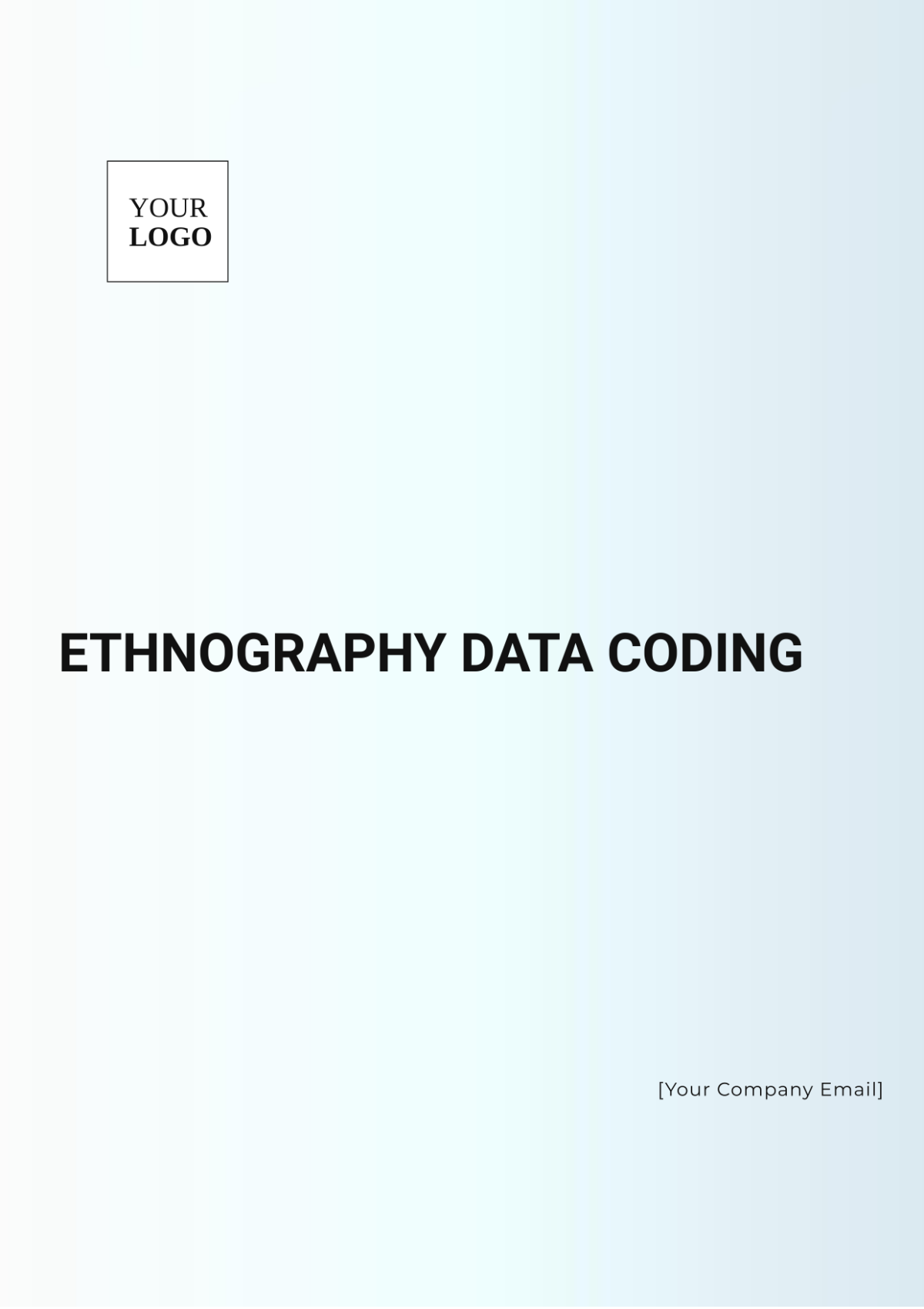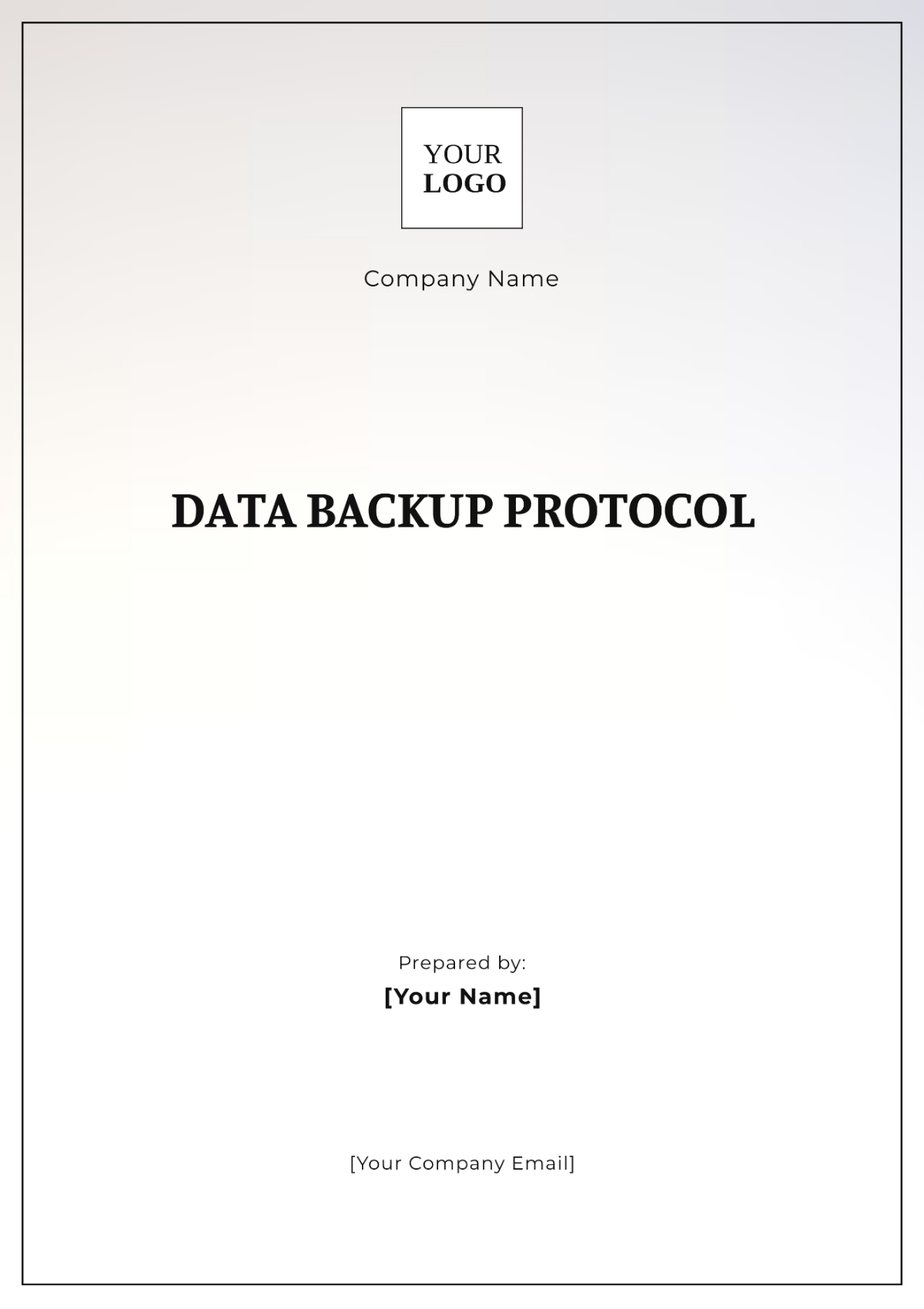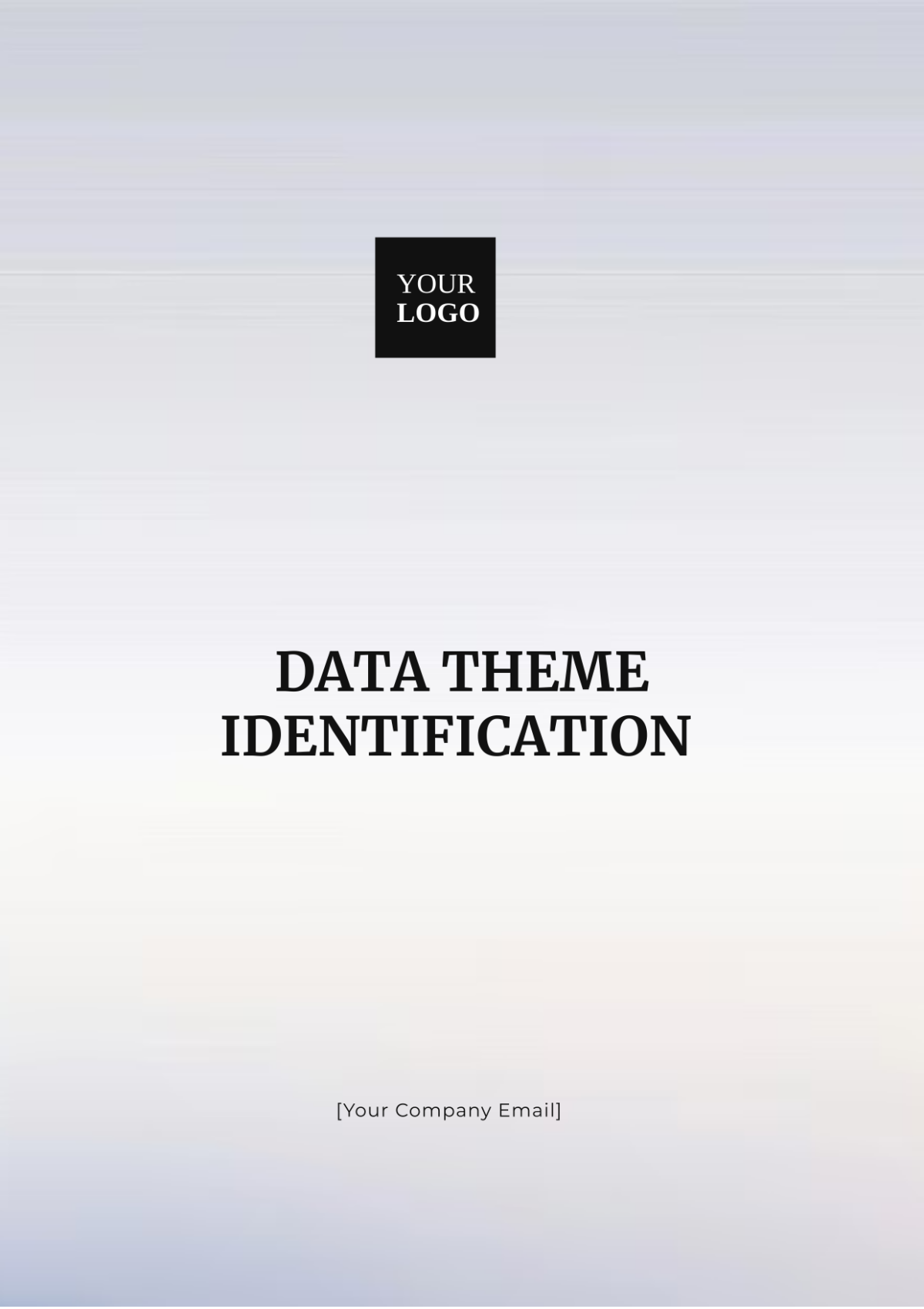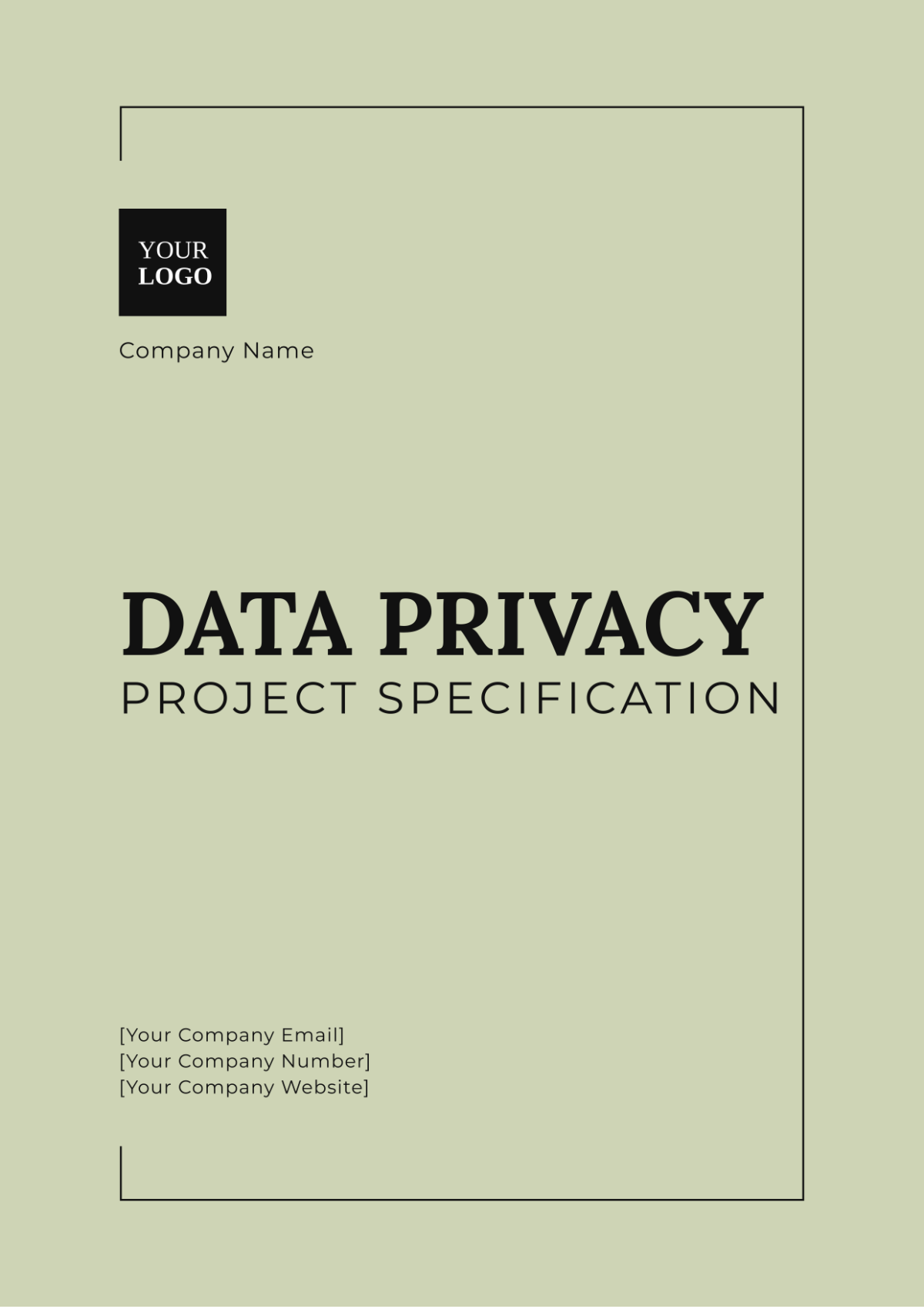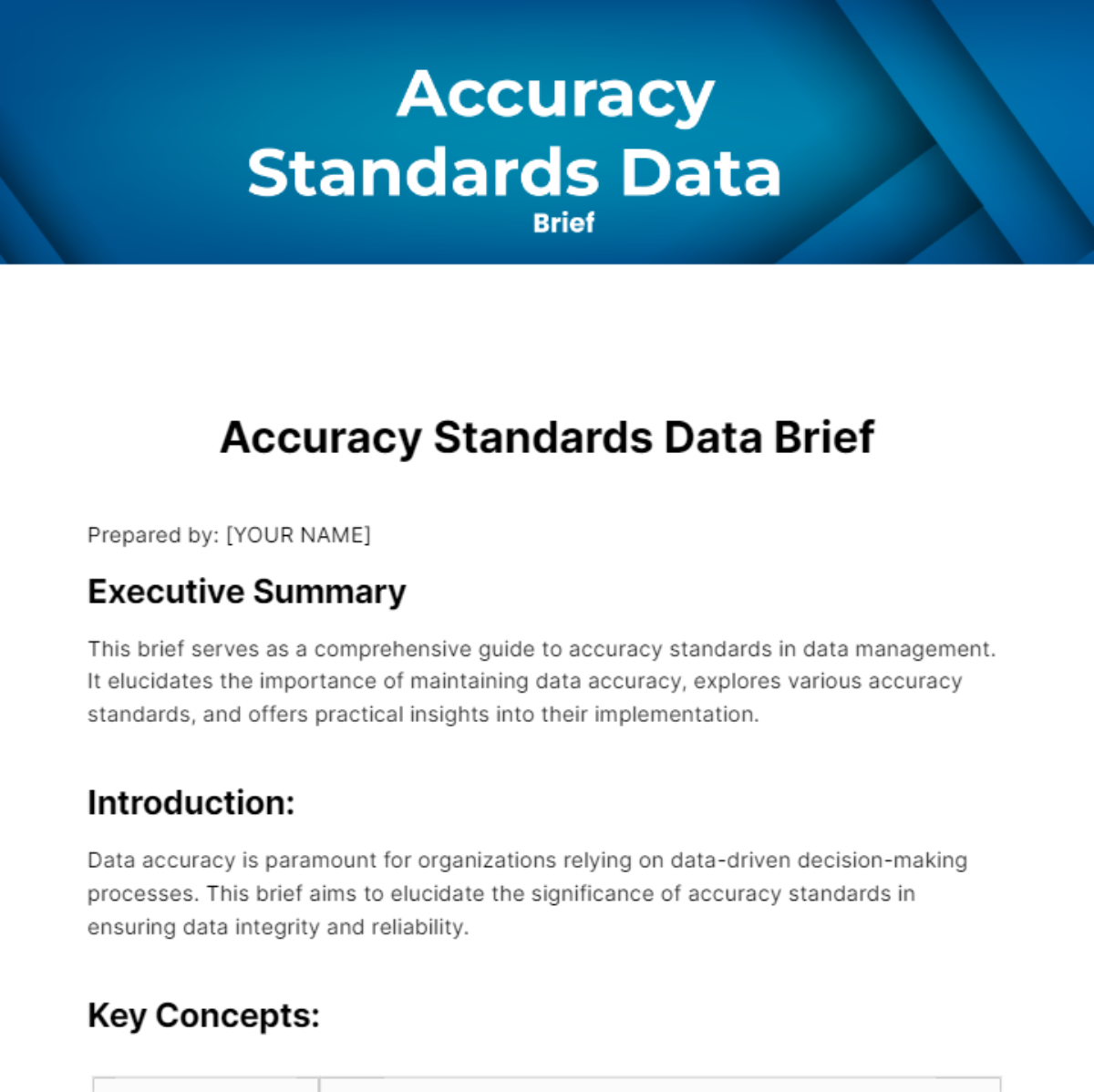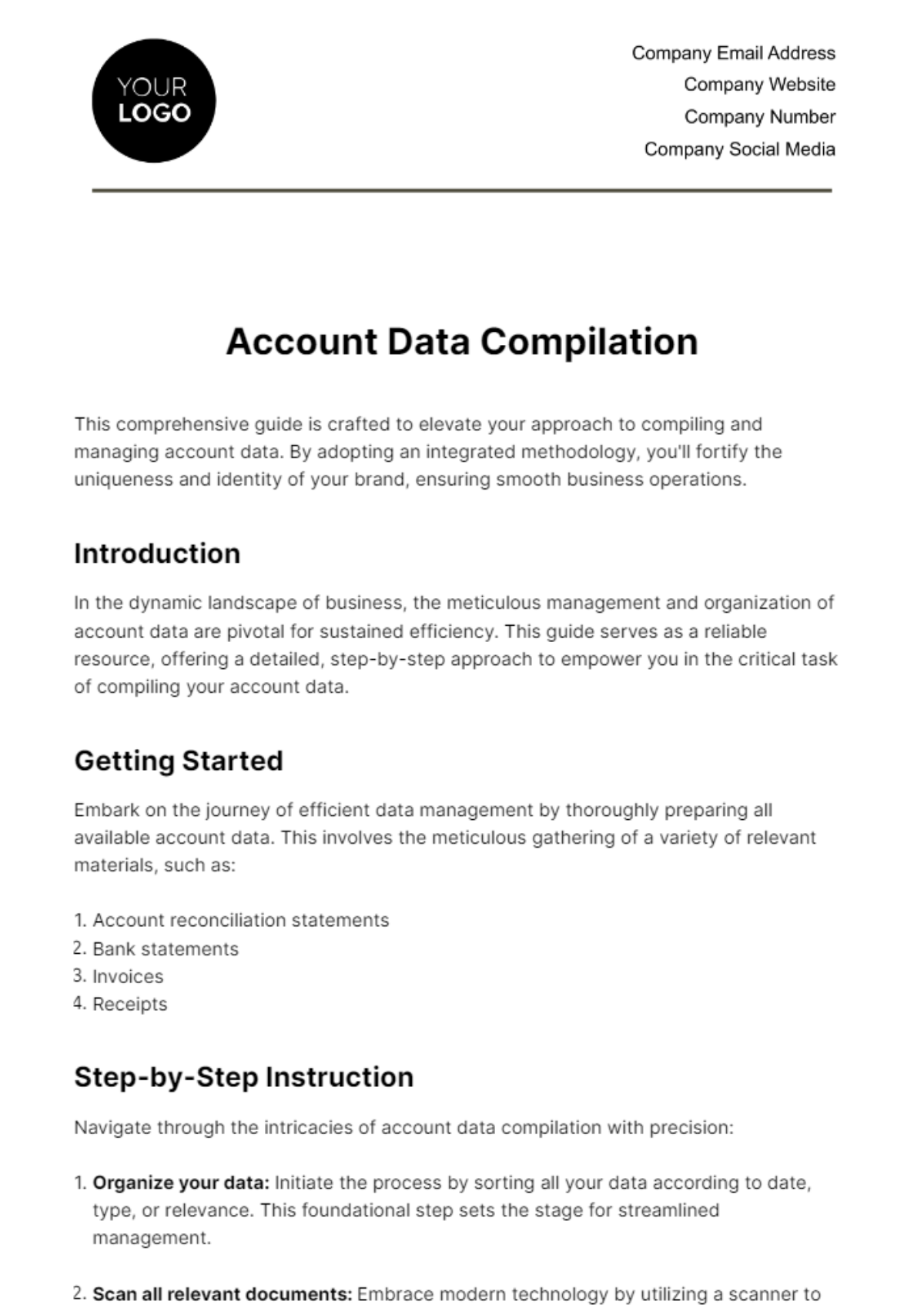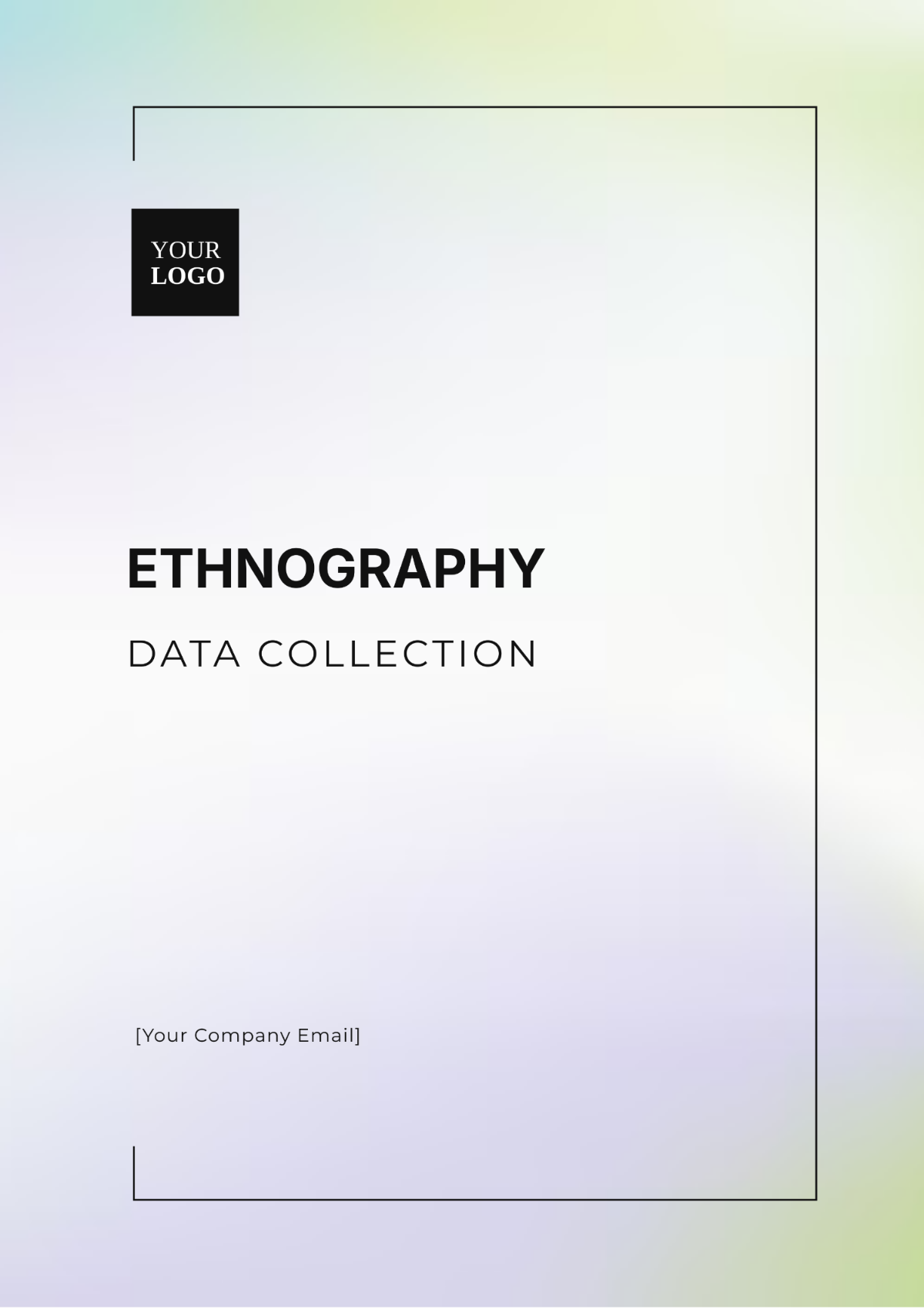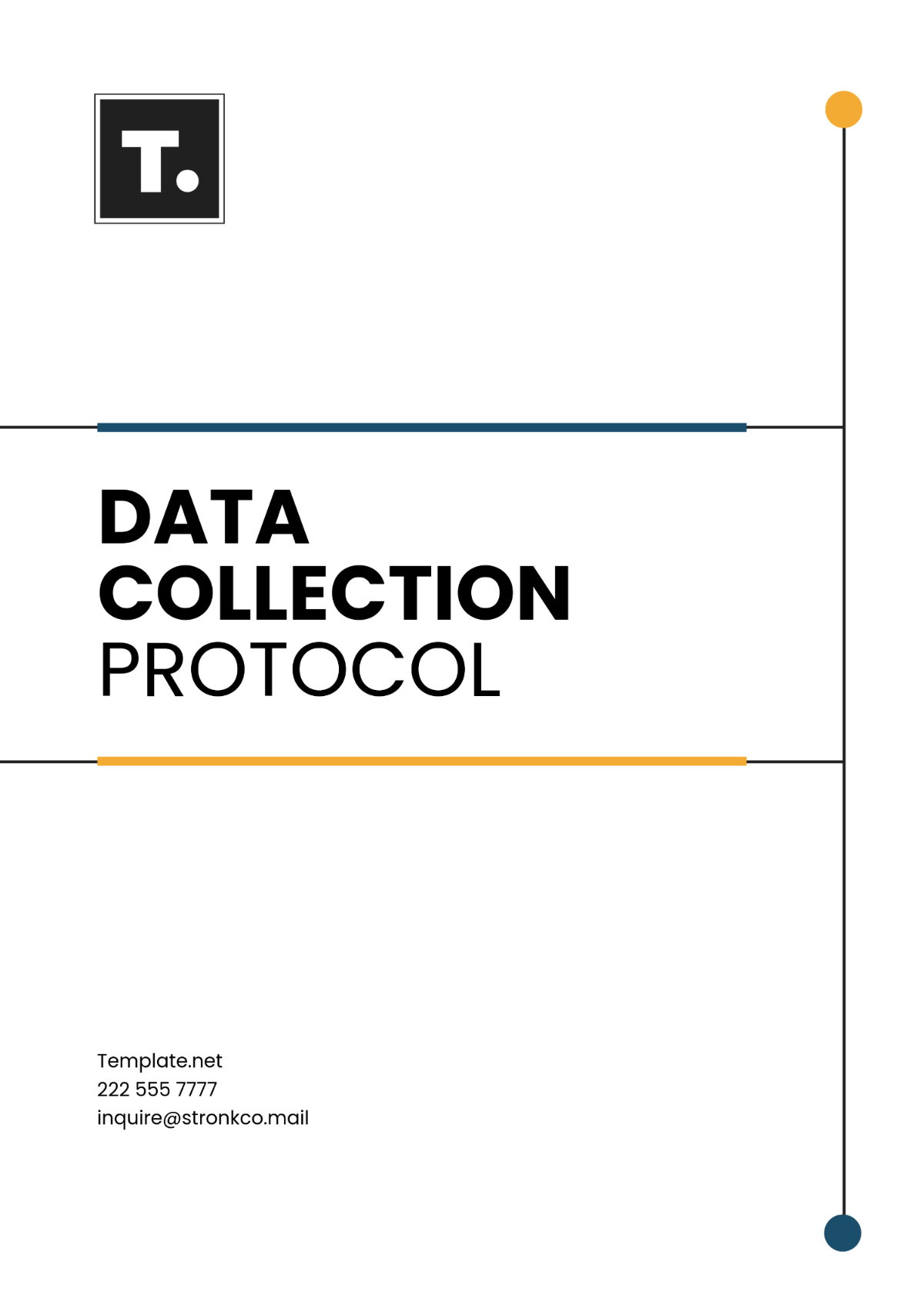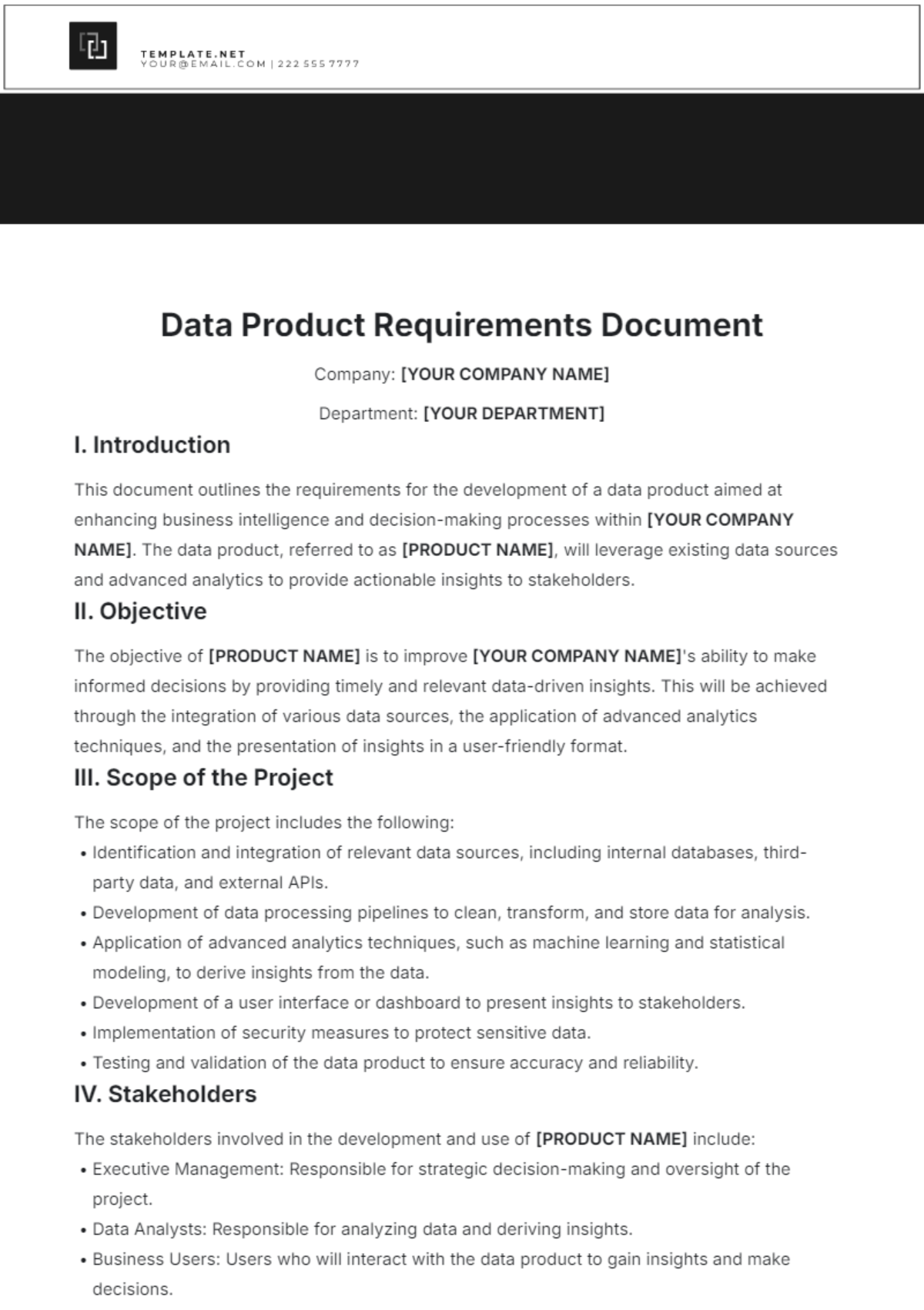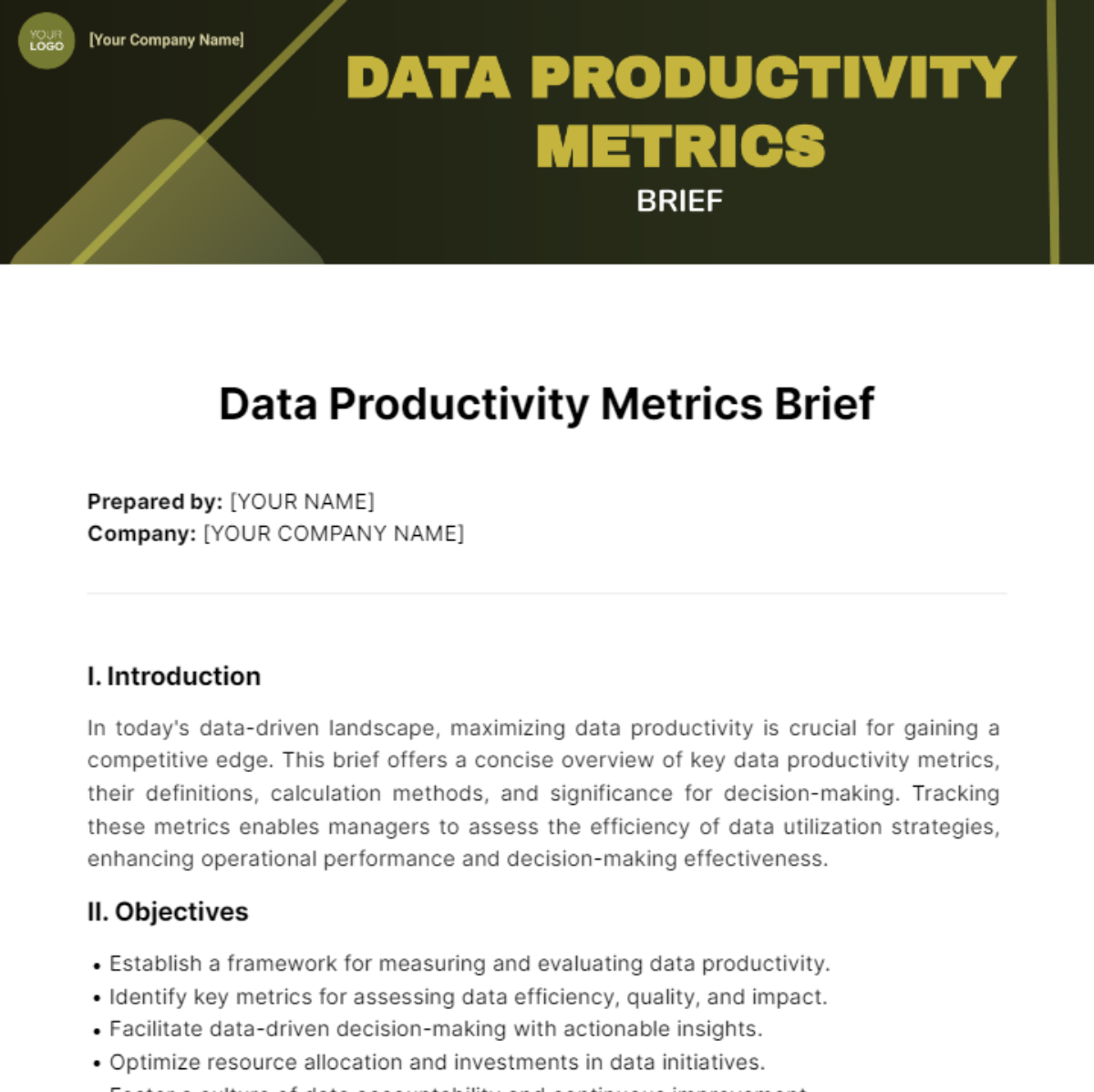Ethnography Data Collection
Introduction
This template is designed to assist researchers in systematically gathering data during ethnographic research focused on the daily lives of urban community activists. It ensures comprehensive and consistent data collection, facilitating insightful analysis and a deeper understanding of community dynamics.
Researcher Information
Name: Dr. Emily Johnson
Date: August 29, 2050
Location: Riverside Community Center, Downtown Metropolis
Research Objective
The primary objective of this ethnographic study is to understand the motivations, challenges, and impacts of urban community activists in advocating for social change.
Objective 1: Investigate the daily routines and strategies employed by community activists.
Objective 2: Analyze the challenges faced by activists in their advocacy work.
Objective 3: Explore the impact of activist efforts on community engagement and local policy changes.
Contextual Background
The study is set in Downtown Metropolis, a diverse urban area with a high level of socio-economic disparity. The Riverside Community Center serves as a hub for local activism and community organizing. Understanding the cultural and socio-political climate of this area is crucial, as it significantly influences the activists' work and interactions.
Methodology
Data collection will involve a combination of participant observation and in-depth interviews. Researchers will observe community meetings, rallies, and day-to-day activities of activists. Semi-structured interviews will be conducted to gather personal insights and experiences.
Participant Information
Participant ID: P001
Age: 34
Gender: Female
Role/Occupation: Community Organizer and Founder of Riverside Activists Network
Observation Notes
Date: 2050-08-25
Time: 10:00
Context/Setting: Riverside Community Center, during a weekly planning meeting.
Descriptive Notes:
Observed a group meeting with approximately 15 participants discussing upcoming events and strategies for a local housing rights campaign. Noted high engagement and collaborative decision-making processes.
Reflective Notes:
Participants showed a strong sense of commitment and unity. The discussions highlighted the importance of collective action in overcoming obstacles. Initial impressions suggest that the group’s effectiveness is partly due to its well-organized structure and clear communication channels.
Interview Guide
Question 1: Can you describe a typical day in your role as a community activist?
Question 2: What are the main challenges you face in your advocacy work?
Question 3: How do you measure the impact of your activism on the community?
Interview Notes
Date: 2050-08-26
Time: 14:00
Participant ID: P001
Interview Notes:
Question 1: The participant described starting the day with checking emails and preparing for meetings. They emphasized the need for flexibility and adaptability in their schedule.
Question 2: Major challenges include limited funding, resistance from local government officials, and burnout among team members.
Question 3: Impact is measured through community feedback, changes in local policy, and increased participation in advocacy events.
Analysis and Reflection
The collected data reveals that the Riverside Activists Network effectively mobilizes community support through structured meetings and clear goals. Challenges such as funding and political resistance are significant but are mitigated through strategic planning and community engagement. The reflection suggests that the activists’ dedication and organized approach are crucial factors in their success.
Conclusion
The research highlights the resilience and resourcefulness of urban community activists in Downtown Metropolis. Their ability to navigate challenges and mobilize community support demonstrates a significant impact on local advocacy efforts. Future research could explore the long-term effects of such activism on policy changes and community development.
Appendices
Appendix A: Consent forms for participants.
Appendix B: Additional observation notes from August 25, 2050.
Appendix C: Full interview transcripts from August 26, 2050.
